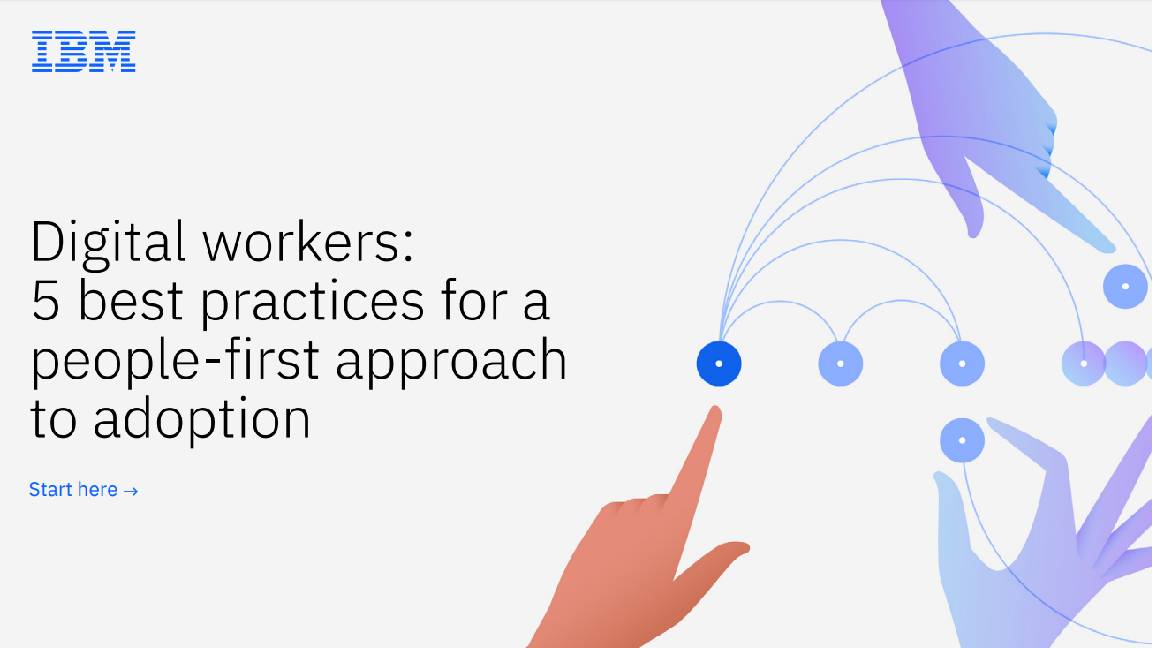Interest in traditional programming languages is declining: Some developers are shunning Java, Python, and C++ in favor of Rust – and the rise of AI could be the cause
Research raises questions about the relationship between AI coding tools and changing developer skill sets


There has been a slight decline in engagement with traditional programming languages while interest in AI skills has increased significantly, according to new research from O’Reilly.
The report, which measured levels of engagement on O’Reilly’s learning platform, found that there has been a significant increase in user’s interest in AI-related content.
Interest in machine learning (ML) grew by 9.2% while interest in AI and generative AI was up 190% and 289%, respectively. Natural language processing (NLP) saw a 39% increase, AI principles a 386% surge, and prompt engineering a 456% jump.
While interest in Generative Pre-trained Transformers (GPTs) content was down 13%, O’Reilly recorded an increase in the use of content about other AI tools and platforms such as AI libraries PyTorch and Keras.
Notably, interest in content relating to GitHub Copilot, an AI coding tool that helps automate large parts of the software development process, was up by 471%.
A key finding of the O’Reilly report pointed toward declining engagement with traditional programming languages and practices. The report noted that this continued a declining trend from the year prior.
There was a 5.3% drop in interest for Python, for example, and a larger 13% drop in interest for Java.
Get the ITPro daily newsletter
Sign up today and you will receive a free copy of our Future Focus 2025 report - the leading guidance on AI, cybersecurity and other IT challenges as per 700+ senior executives
C++, which exhibited growth between 2022 and 2023, was also down by 9%.
On the other hand, interest in C was up by 1.3% and interest in C# by 2.1%. Rust, an increasingly popular language, also showed an increase of 9.6%.
Mike Loukides, vice president of emerging technology content at O’Reilly and the report’s author, said the findings highlight the changing nature of software development, and give an insight into where developers’ priorities lie.
“This year marks a pivotal transition in technology, with AI evolving from generative capabilities to a transformative force reshaping how developers approach their craft,” he said.
Will AI replace the software developer?
Loukides was critical of the statistical implication that some may be neglecting traditional coding skills in favor of a reliance on AI assistance.
“There seems to be less interest in learning about programming languages, Rust being a significant exception,” Loukides wrote in the report.
“Is that because our users are willing to let AI ‘learn’ the details of languages and libraries for them? That might be a career mistake,” he added.
He said the firm wasn’t concerned about AI replacing software developers, though, given that AI is just another tool to help drive productivity when coding and creating applications.
RELATED WHITEPAPER

There certainly seems little chance of avoiding AI coding. Google recently revealed that over 25% of its proprietary code is now AI-generated, pointing to what’s in store for developers in other big tech firms.
While some developers have noted the potential productivity benefits of these tools, some reports raise concerns. Two-thirds of developers said they are increasingly concerned about the security and safety of AI-generated code, according to a survey from Black Duck Software.
Change in skills is natural, experts say
The decline in coding skills and the rise in AI prompting is a natural trend, according to Andrey Korchak, CTO at Stealth Startup.
“Early software engineers understood operating system kernels, wrote system drivers for hardware, and demonstrated deep technical skills,” Korchak told ITPro.
“Today, most software engineers might not grasp OS memory management in detail, yet they can build remarkable AI-driven applications,” he added.
Korchak thinks many engineers won’t need ‘deep’ coding knowledge to thrive going forward, though it will still offer an edge. The engineers with stronger coding foundations are likely to command higher salaries, he added.

George Fitzmaurice is a former Staff Writer at ITPro and ChannelPro, with a particular interest in AI regulation, data legislation, and market development. After graduating from the University of Oxford with a degree in English Language and Literature, he undertook an internship at the New Statesman before starting at ITPro. Outside of the office, George is both an aspiring musician and an avid reader.
-
 Geekom Mini IT13 Review
Geekom Mini IT13 ReviewReviews It may only be a mild update for the Mini IT13, but a more potent CPU has made a good mini PC just that little bit better
By Alun Taylor
-
 Why AI researchers are turning to nature for inspiration
Why AI researchers are turning to nature for inspirationIn-depth From ant colonies to neural networks, researchers are looking to nature to build more efficient, adaptable, and resilient systems
By David Howell